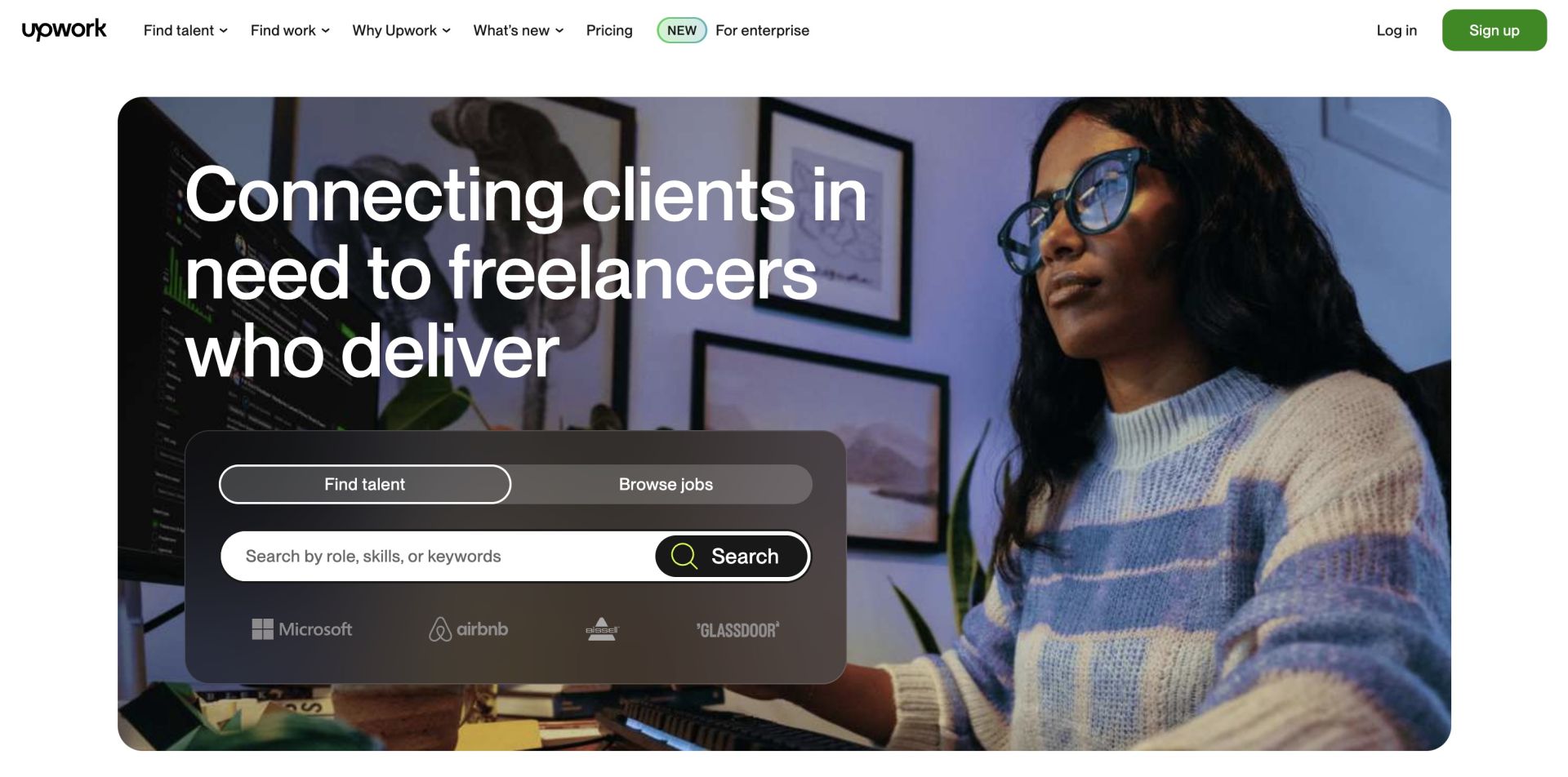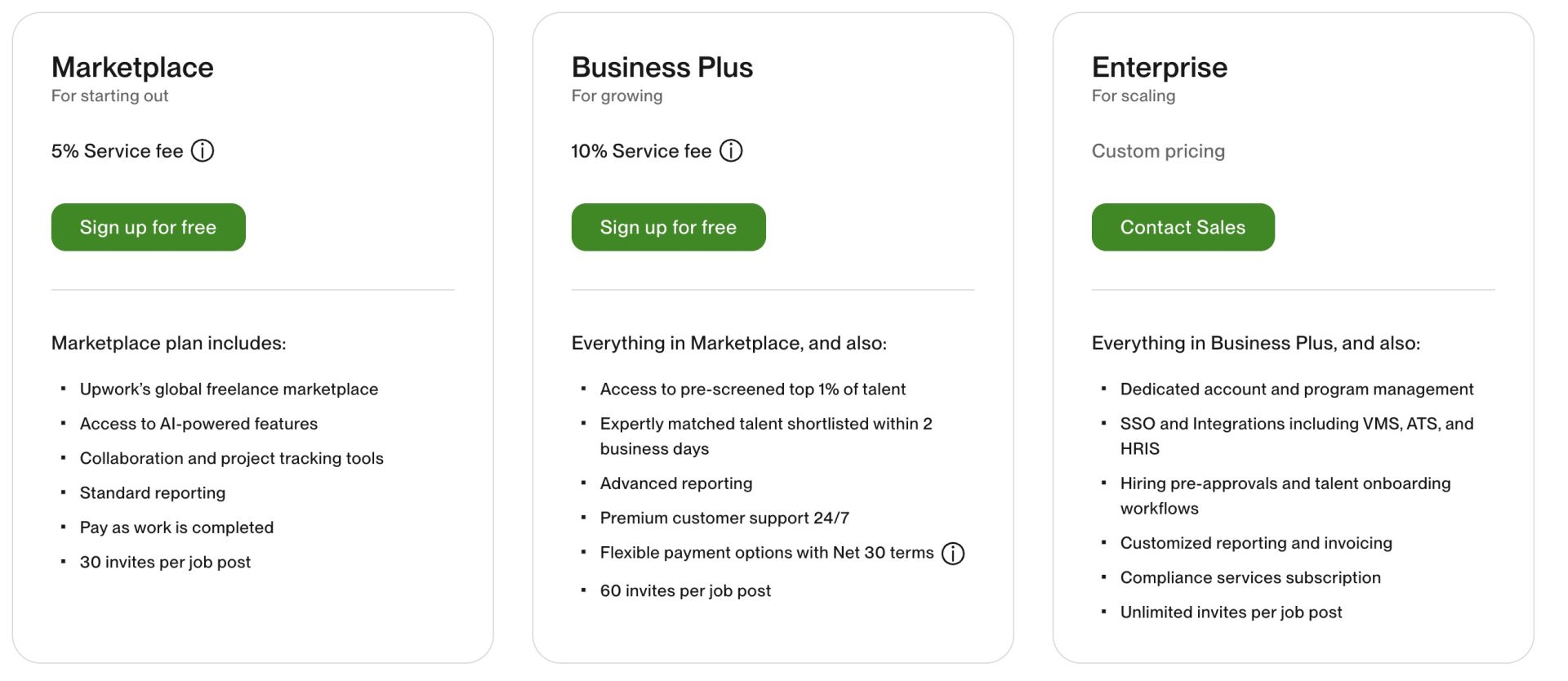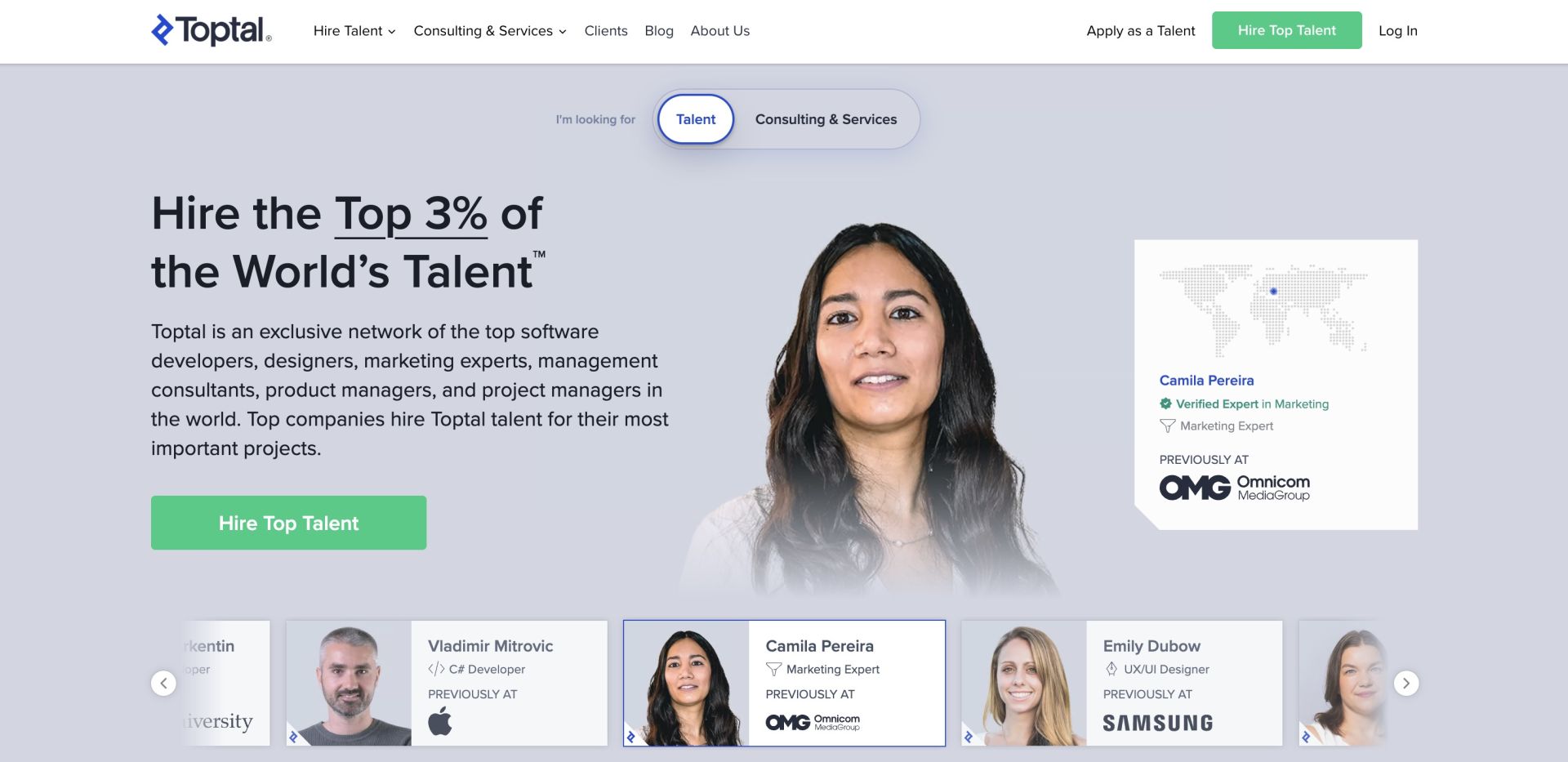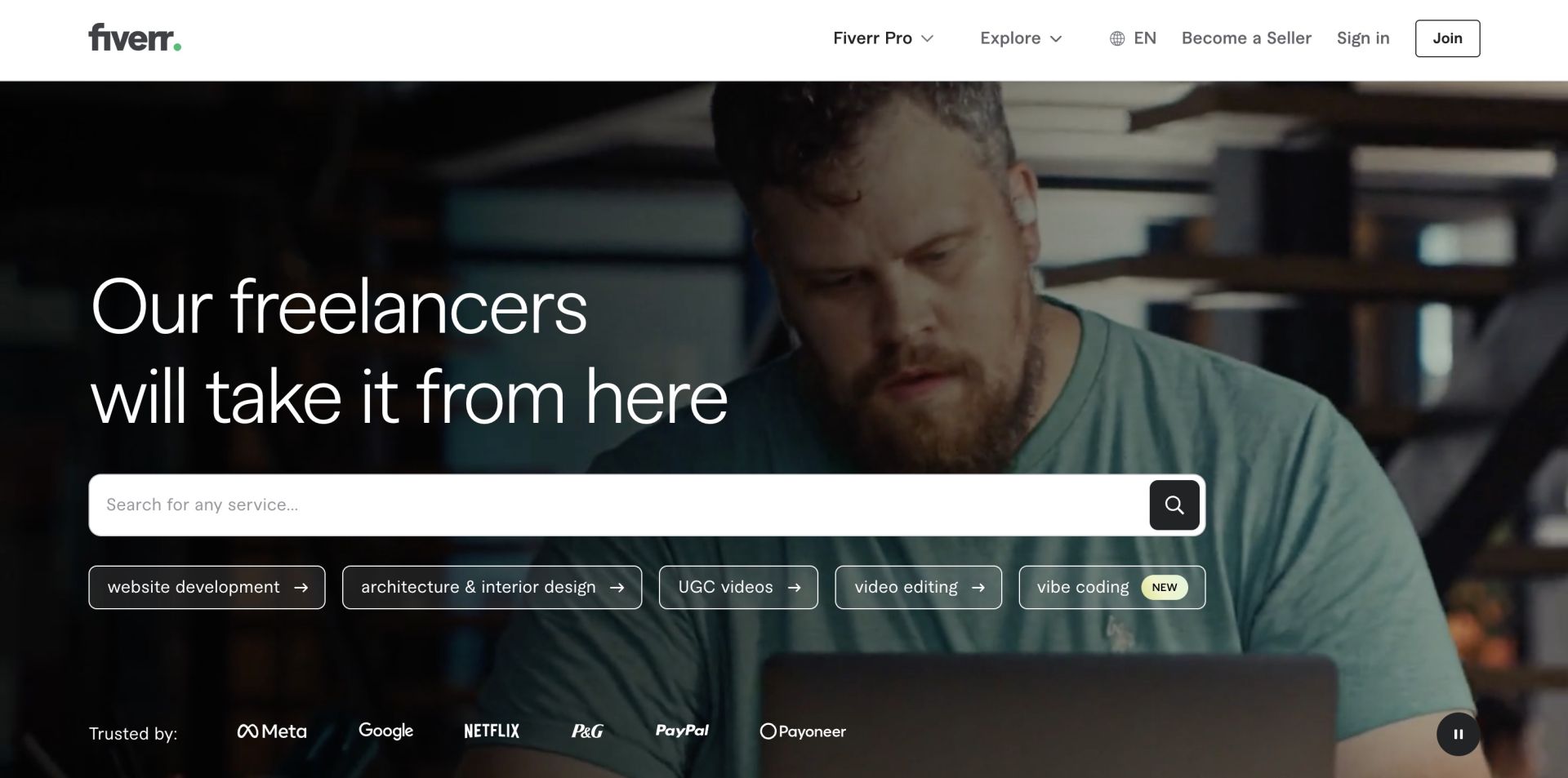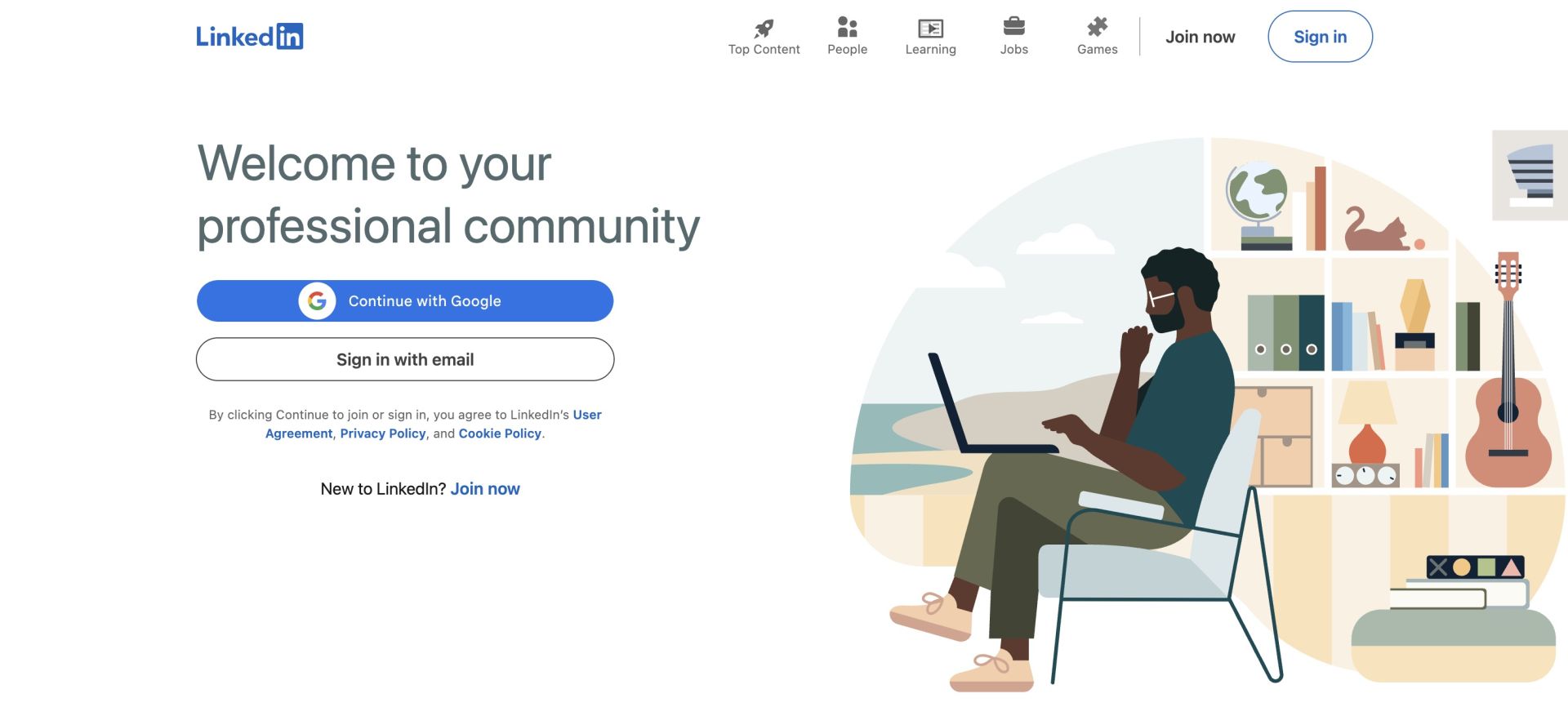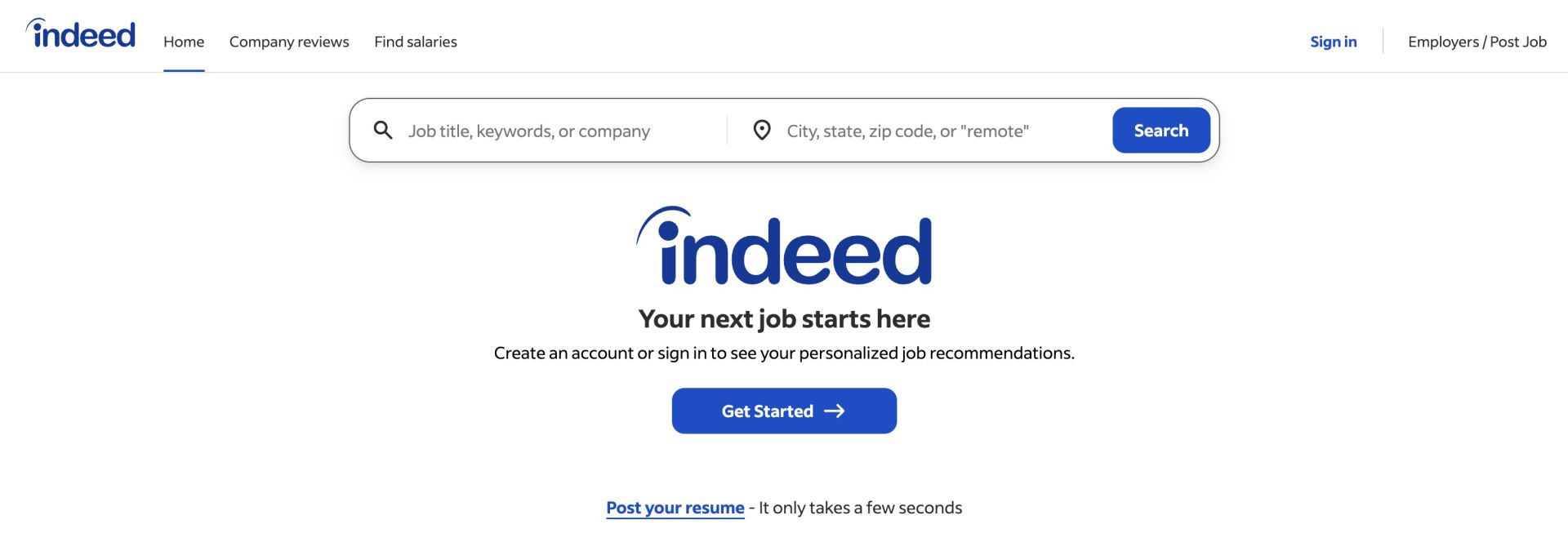🌐 The State of Remote Work in America
Rise of the Hybrid Model and the Hub-and-Spoke Office
Whats's in Demand?
There's a strong preference for hybrid models. About 24% of new job postings are hybrid, while 12% are fully remote. This shift is driven by a desire for flexibility and a wider talent pool.
Write your awesome label here.
Top Jobs
AI & ML
High-paying roles that require deep technical skills, often performed entirely remotely.
Cyber Security
Critical for protecting corporate data in a distributed workforce, these roles are in high demand.
Digital Marketing
Highly flexible, results-driven roles that can be performed anywhere with an internet connection.
UI/UX Design
The demand for skilled designers who can create user-friendly digital experiences is growing rapidly, with a collaborative workflow suited for remote teams.
Applying for Jobs? Discover how to secure your dream job in 2025!
The Benefits of Remote Work
Skills needed
To Succeed in Remote Work
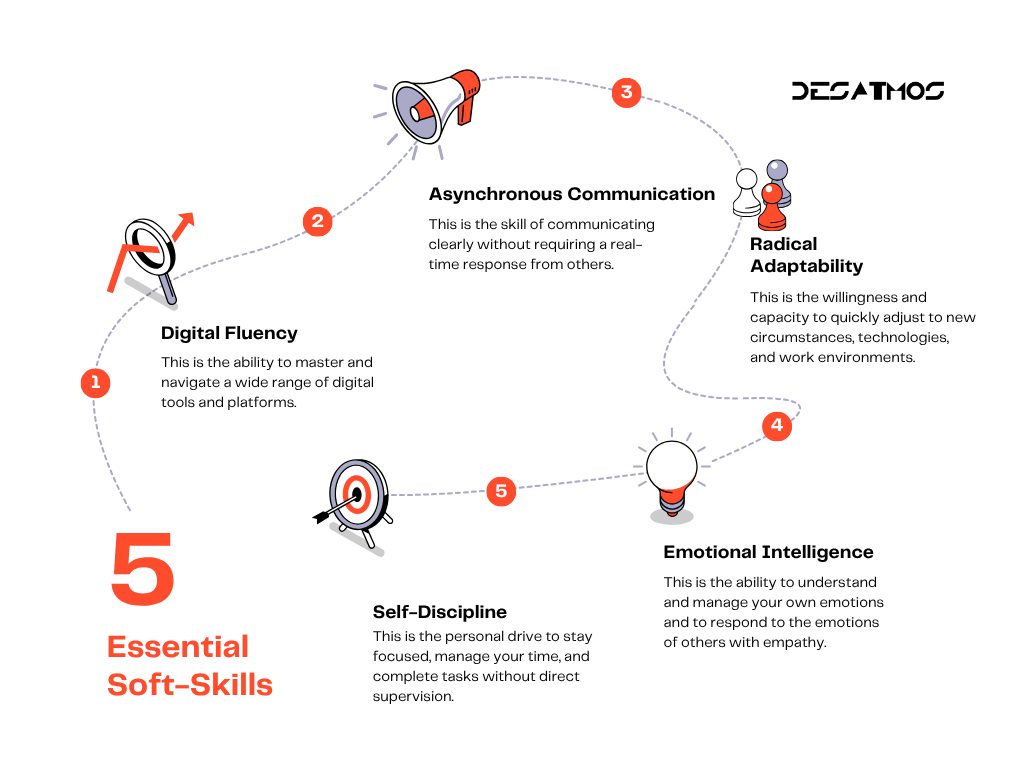
Digital Fluency
Tech Proficiency
You must be proficient with new software and collaboration tools to stay competitive.
Platform
Knowing how to use Zoom, Slack, and project management apps is essential for daily tasks.
Digital Literacy
Understanding data and analytics helps you measure your performance and show your impact.
Asynchronous Communication
Clear Writing
Your written communication must be concise and easy to understand to avoid confusion.
Proactive Updates
You need to provide updates and ask questions without requiring an immediate response.
Context-Rich
You must provide all necessary details in one message to prevent a back-and-forth chain.
Radical Adaptability
Embrace Change
The remote landscape changes constantly, so you must be comfortable with new tools and workflows.
Fast Learning
You need to quickly learn new software and skills to remain relevant.
Resilience
You must be able to bounce back from setbacks and stay motivated while working alone.
Emotional Intelligence
Self-Awareness
You must understand your own emotions to manage stress and stay productive.
Empathy
You need to understand and relate to your teammates' feelings to build rapport and trust.
Conflict Resolution
You must be able to handle disagreements and solve problems constructively, even without being in the same room.
Self-Discipline
Time Management
You are responsible for your own schedule and need to manage your time effectively to meet deadlines.
Initiative
You need to take the lead on tasks and projects without constant supervision.
Work Boundaries
You must clearly separate your work and personal time to prevent burnout and stay healthy.
Interested in a Sales Career? Ace Your Job!
Master Sales from the Ground Up
Tomas has mastered the B2B sales process over and over again. In this course, he breaks down the exact steps to bring the A GAME on your first day at the sales job.
Duration
2 hours in total
Lessons
42 lessons
Access
Online Self-paced
PDFs
4
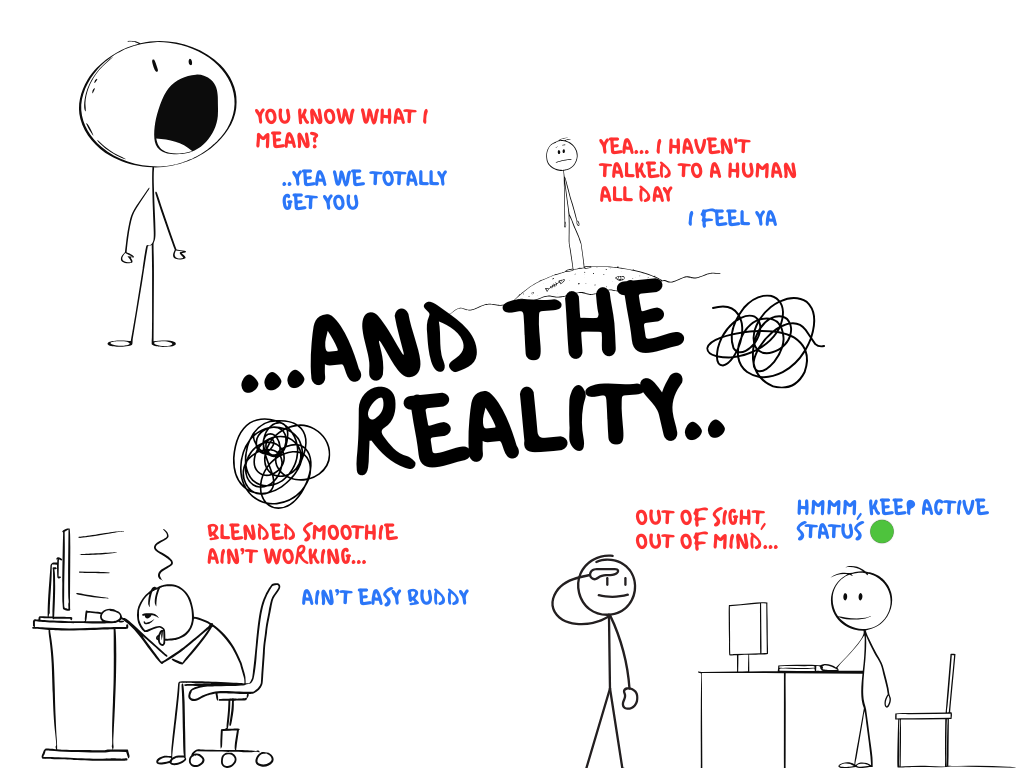
💡 Expert Predictions for 2026 and Beyond
Write your awesome label here.
Ready for a Sales Career?
Test your Skills!
Download the Sales Career Readiness Checklist and assess your current strengths.
Get insights and take the right next steps.
Get insights and take the right next steps.
How our Academy Helps?
If you're in the B2B corporate sales domain, then you're in good hands. Our academy provides you access to 400+ videos covering the entire B2B sales cycle so you could succeed at your job. In fact, the author of the courses Tomas Chatila has personally used the exact material to succeed in his sales role at various top scale companies.
3,000+ professionals trust Desatmos to train and enhance their B2B sales skills.
Write your awesome label here.
FAQ
Never miss the news
Stay updated | Stay current | Stay connected
Thank you!

